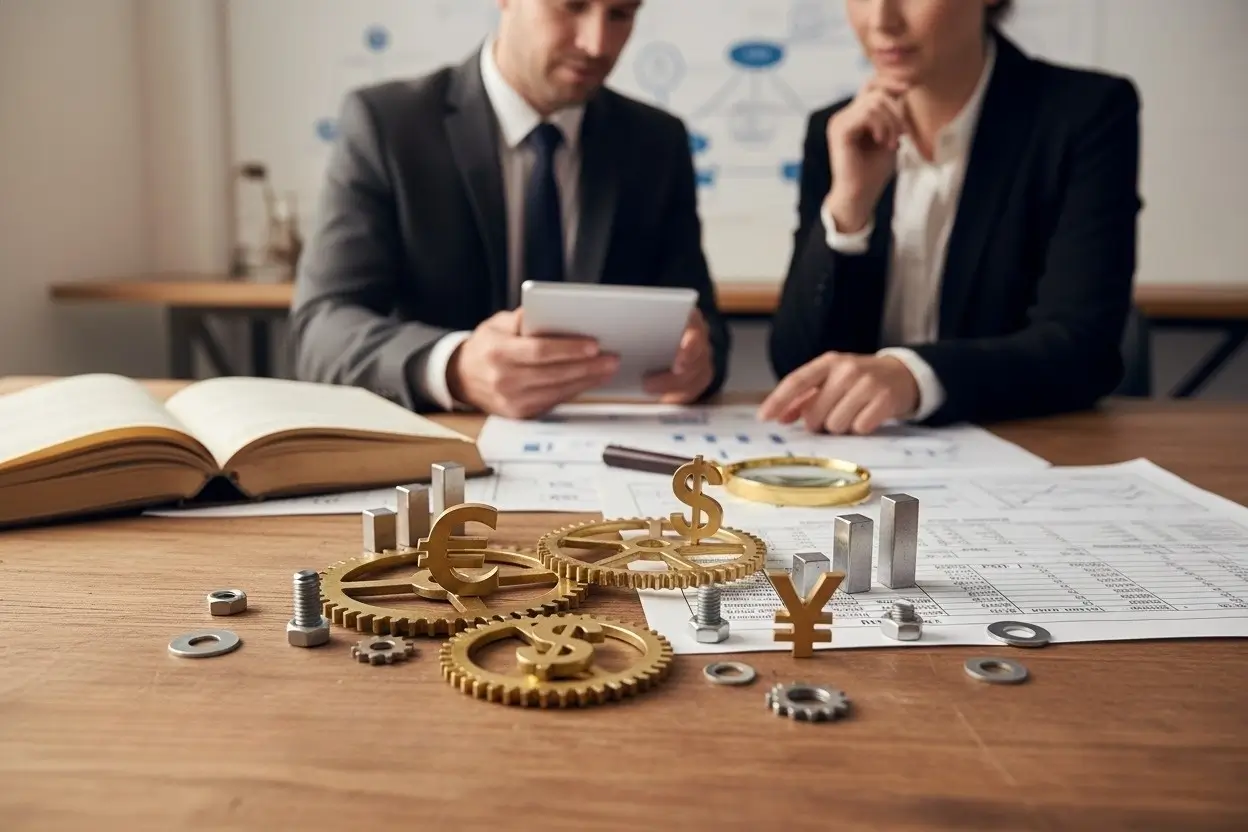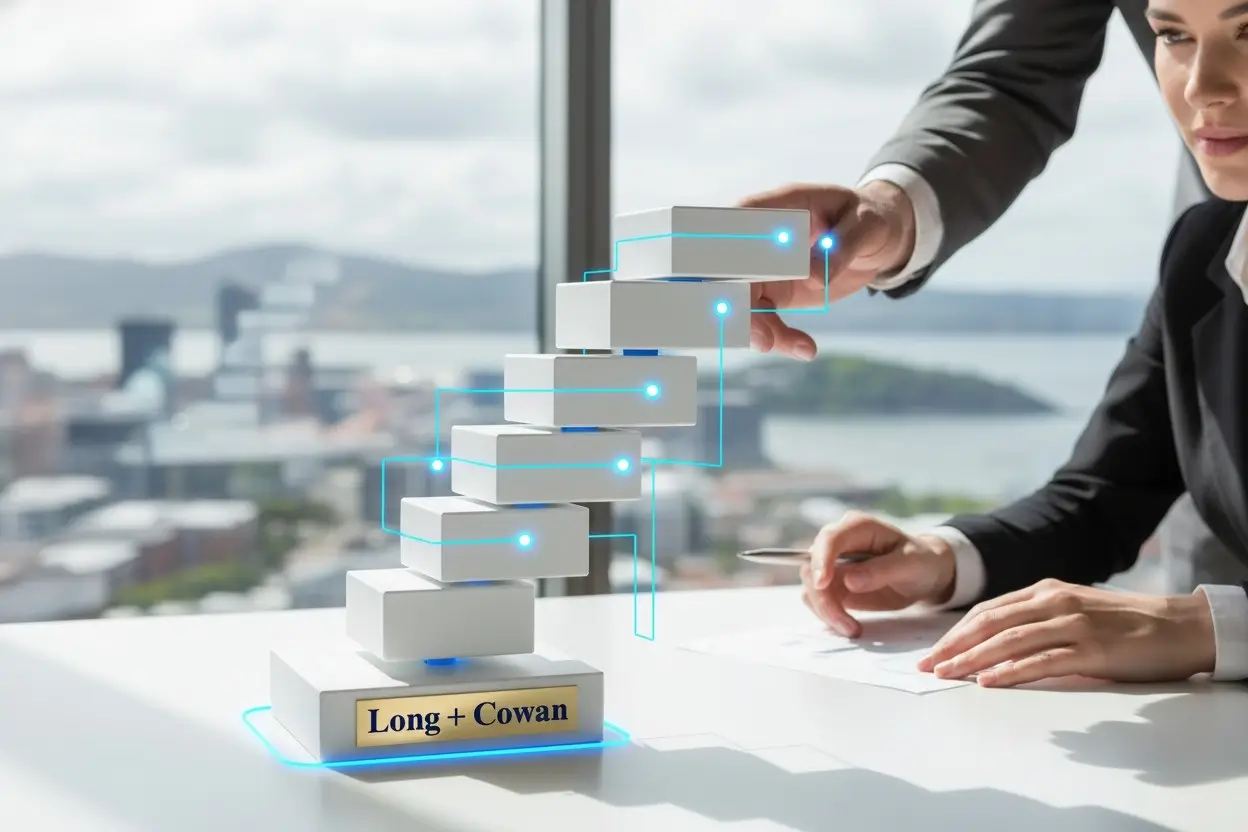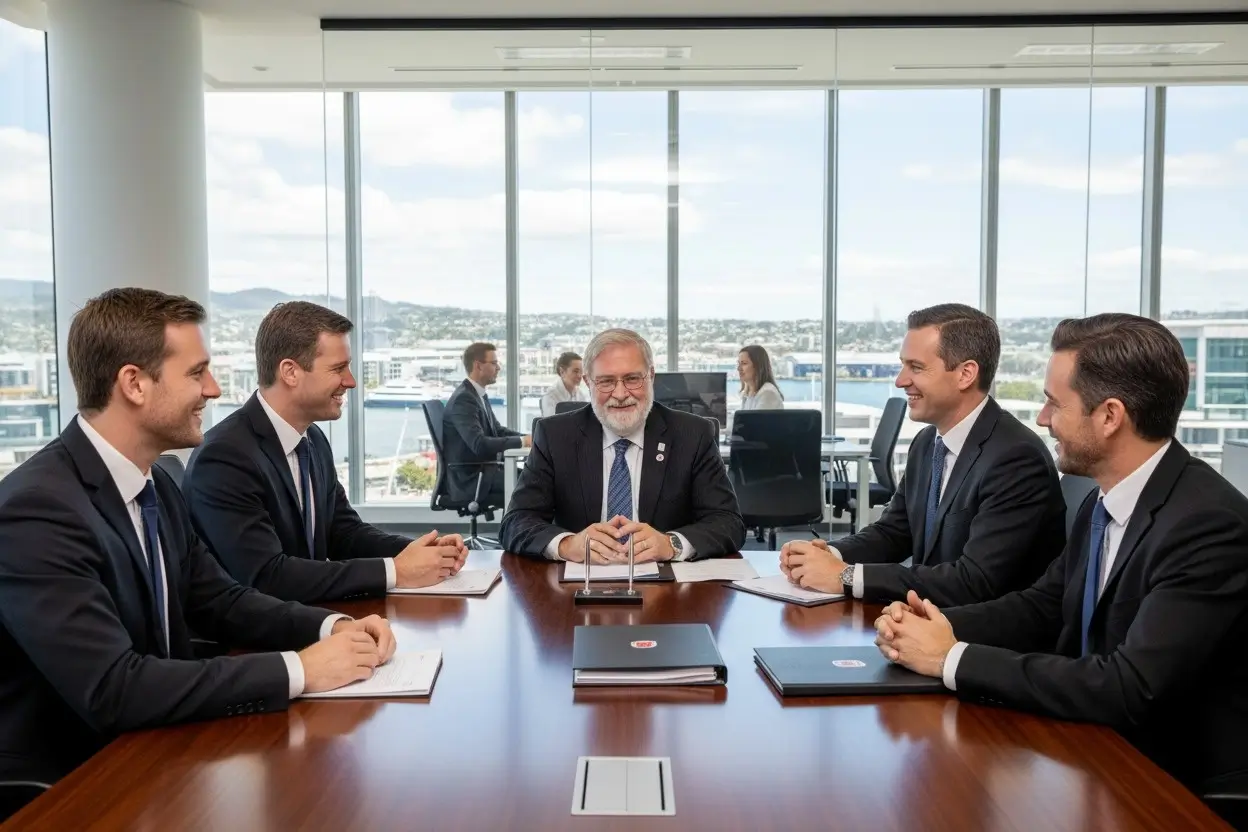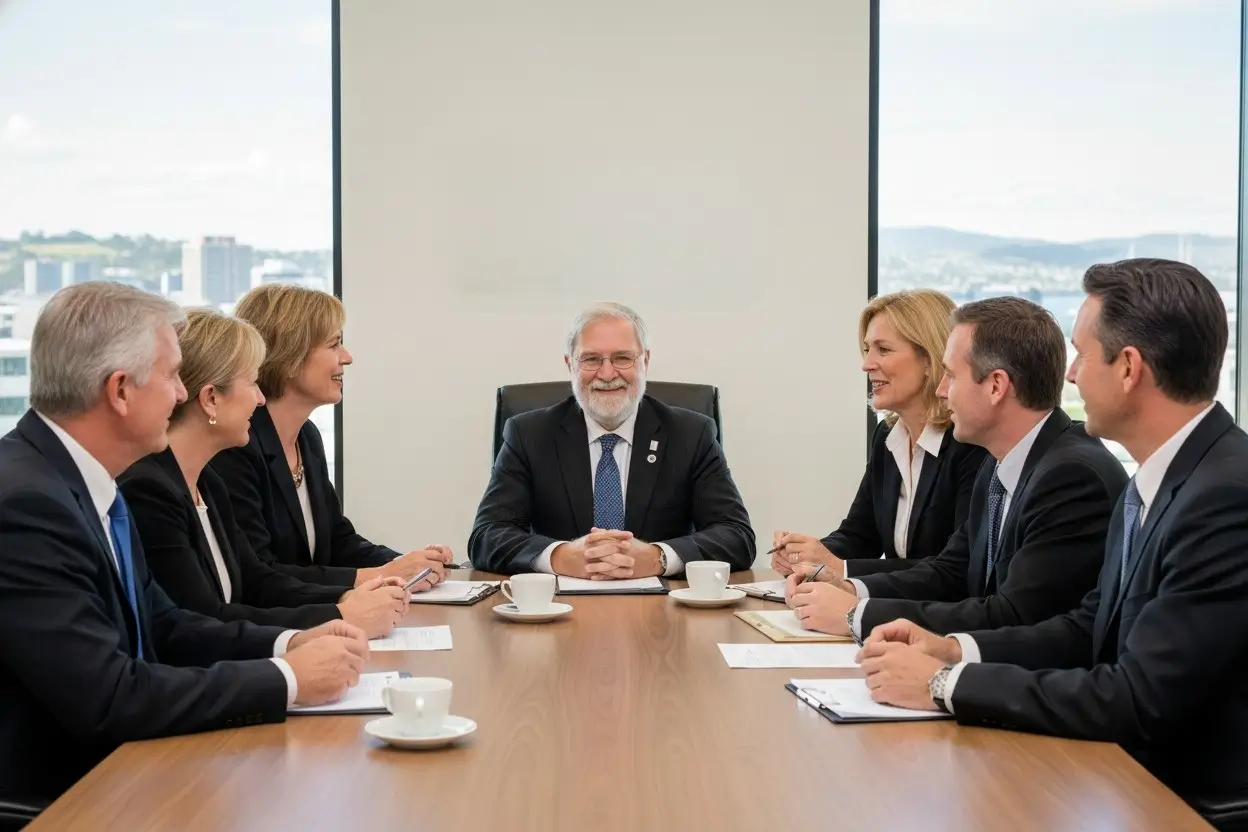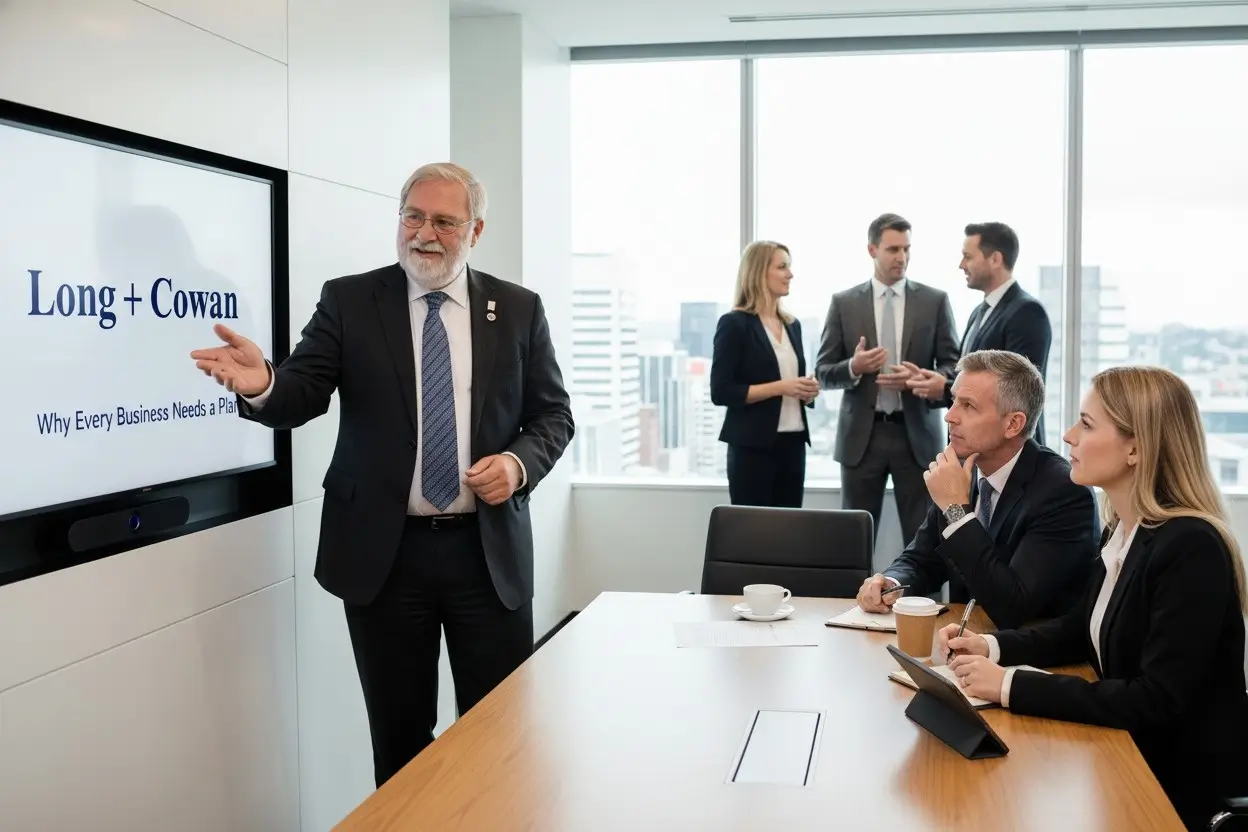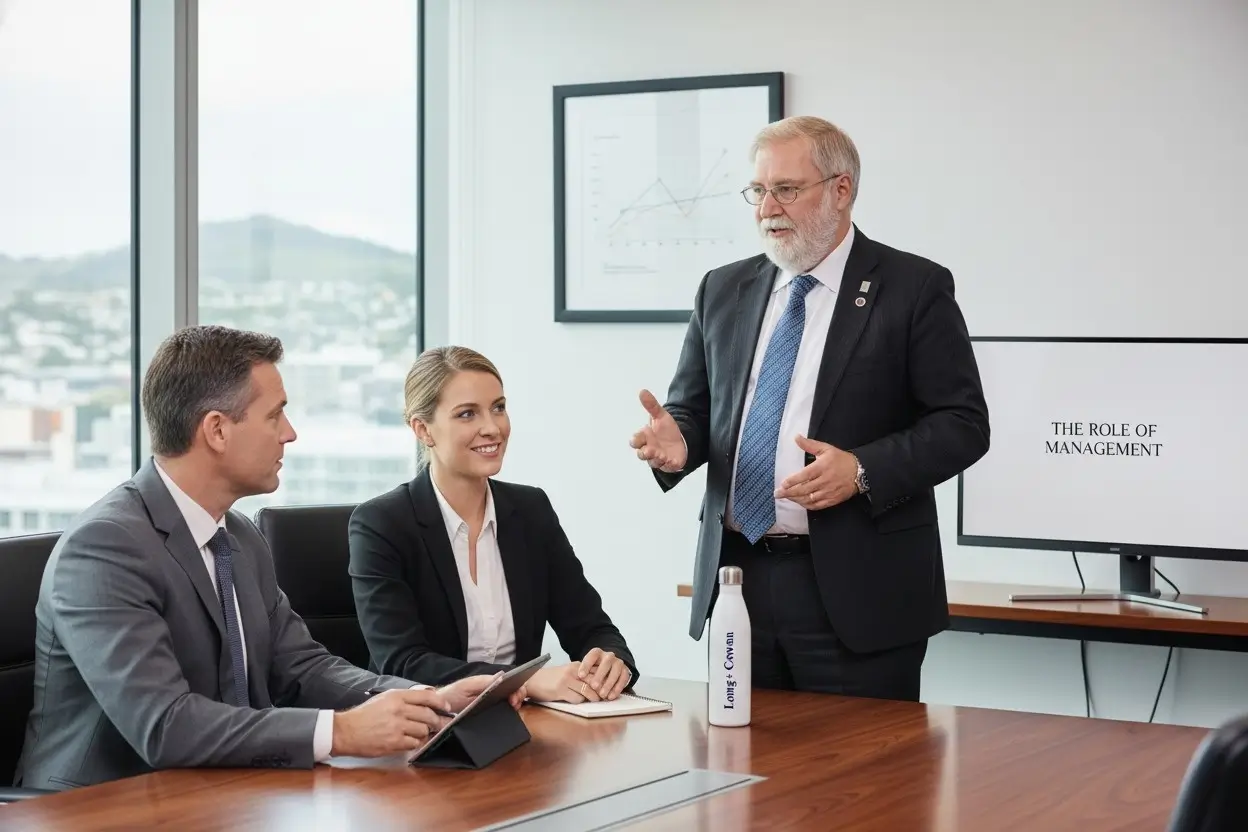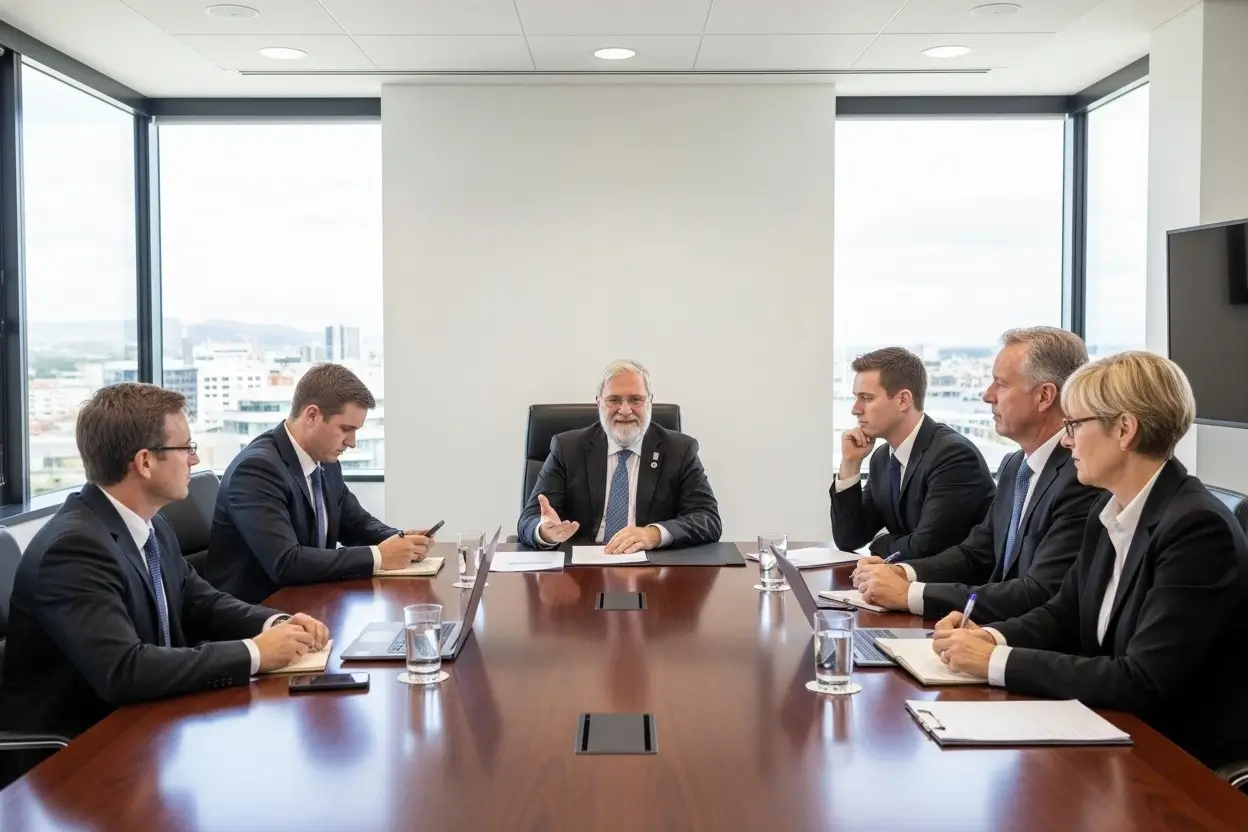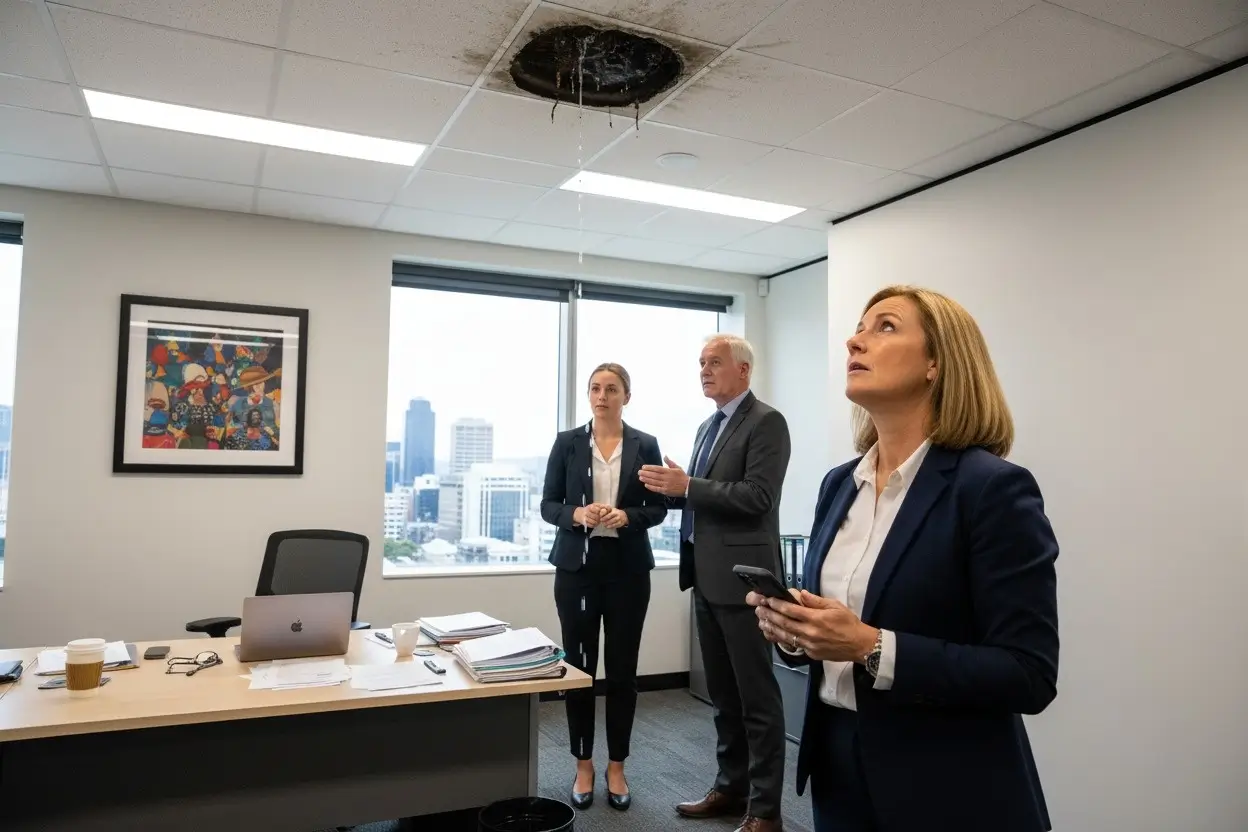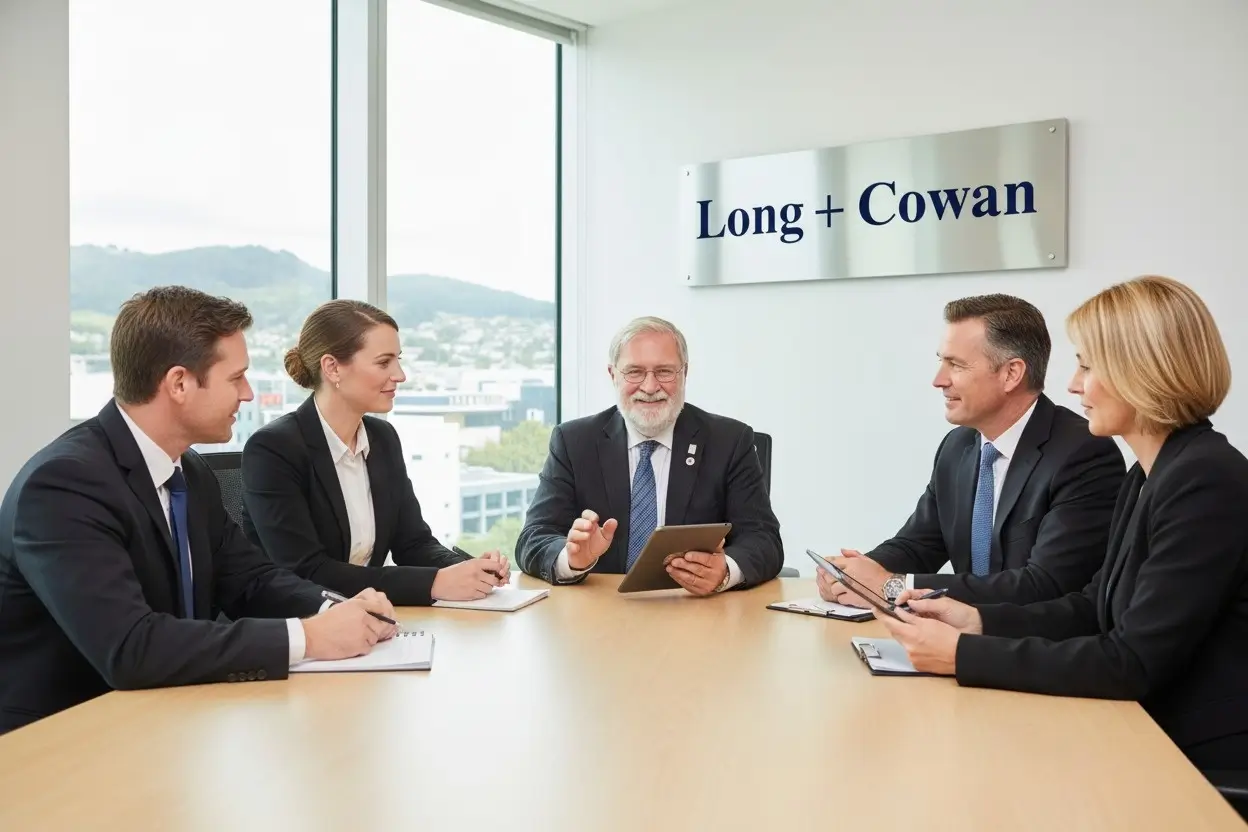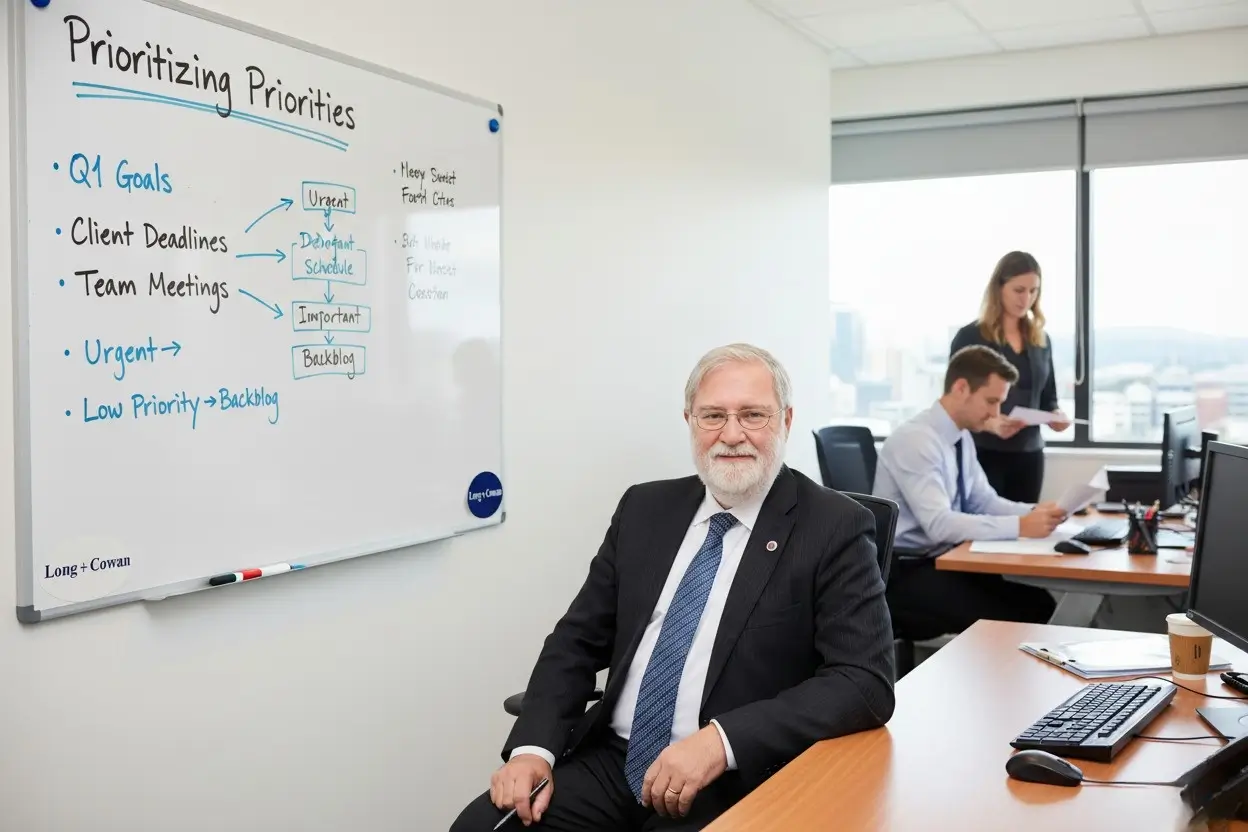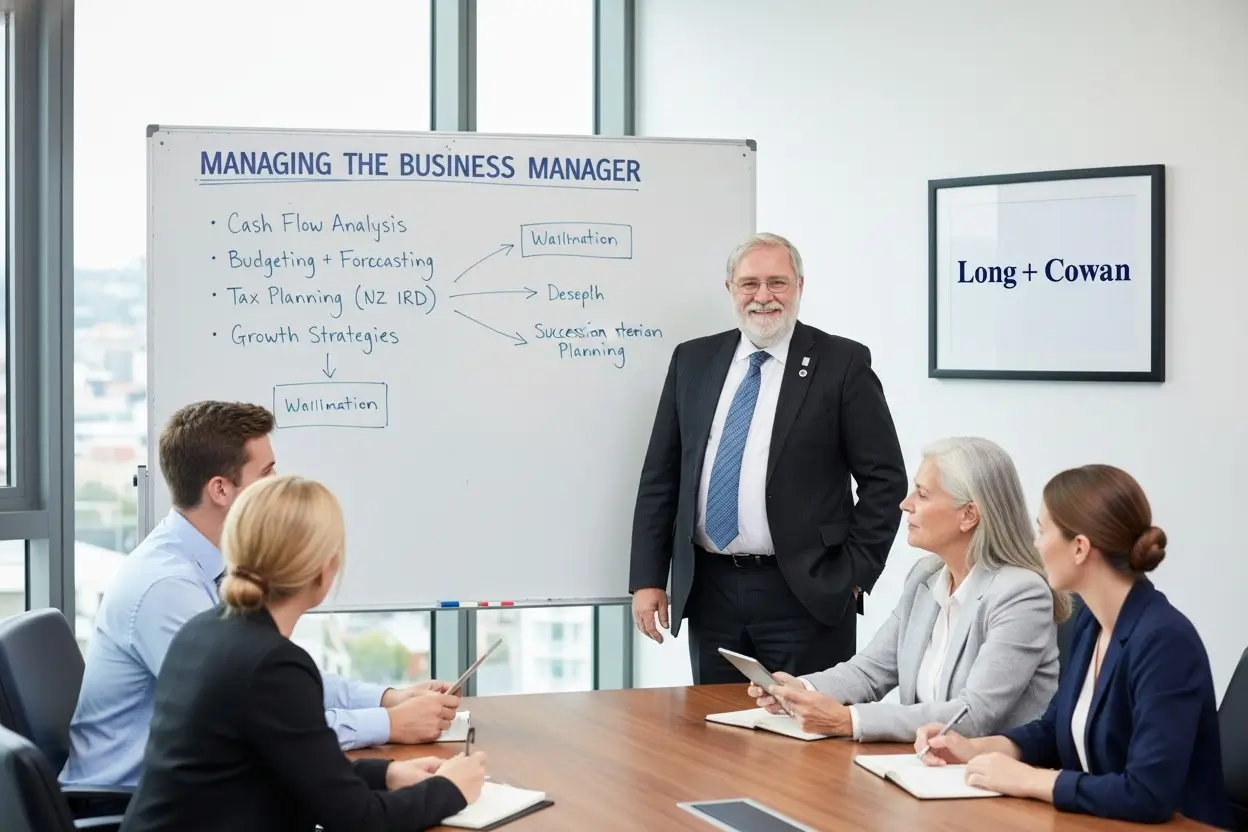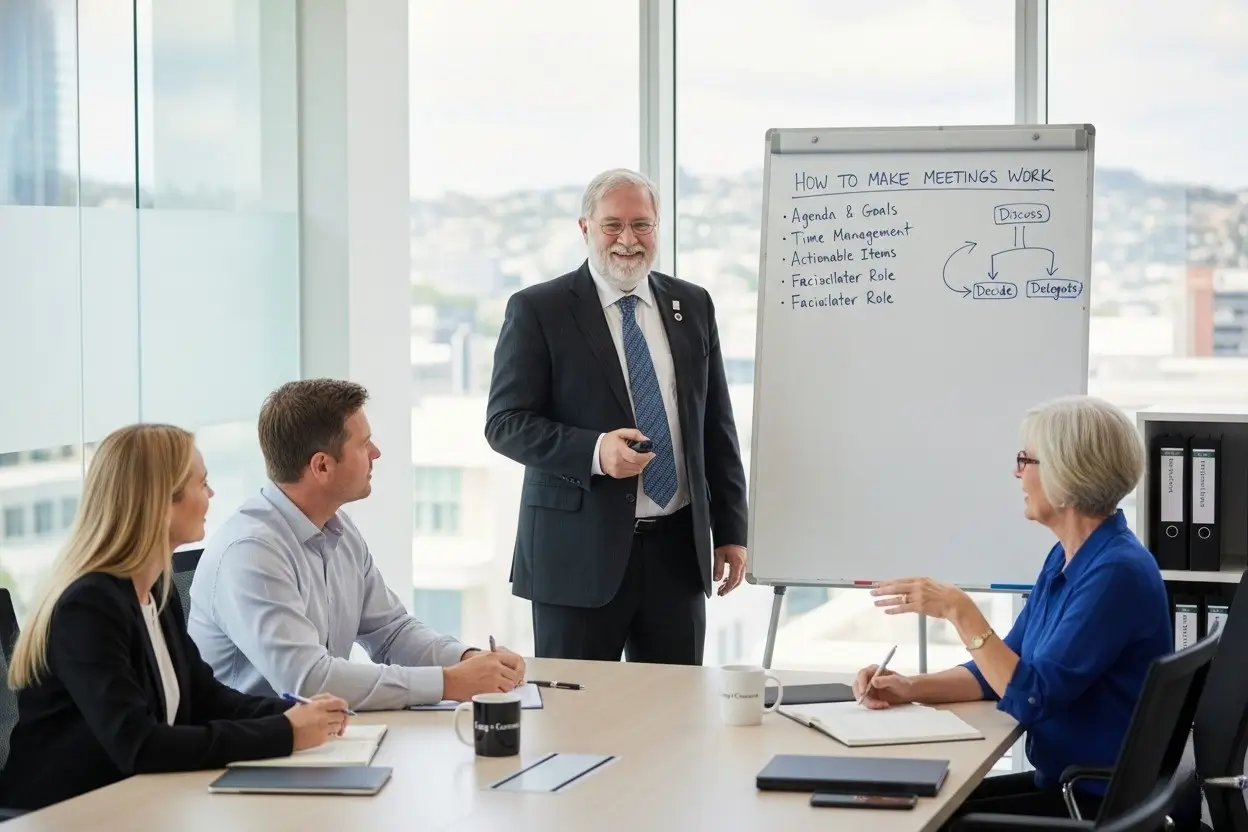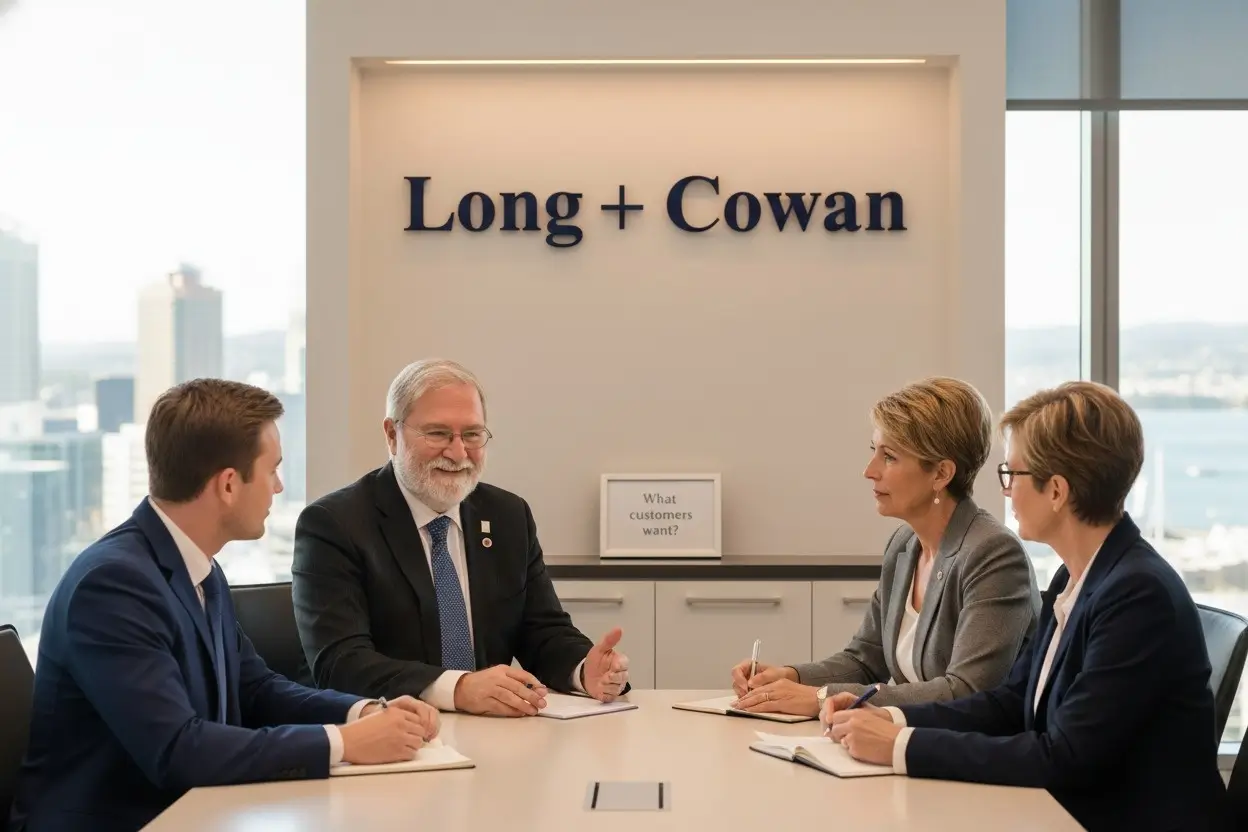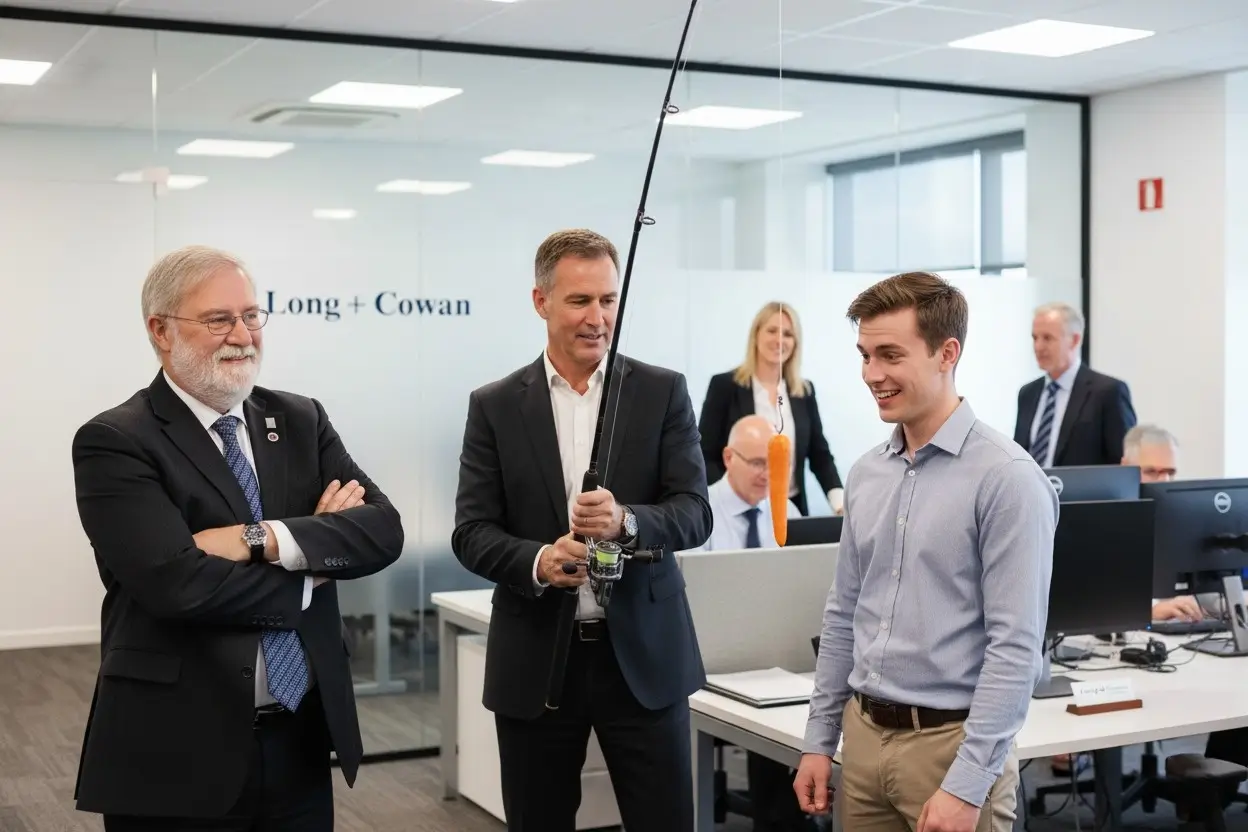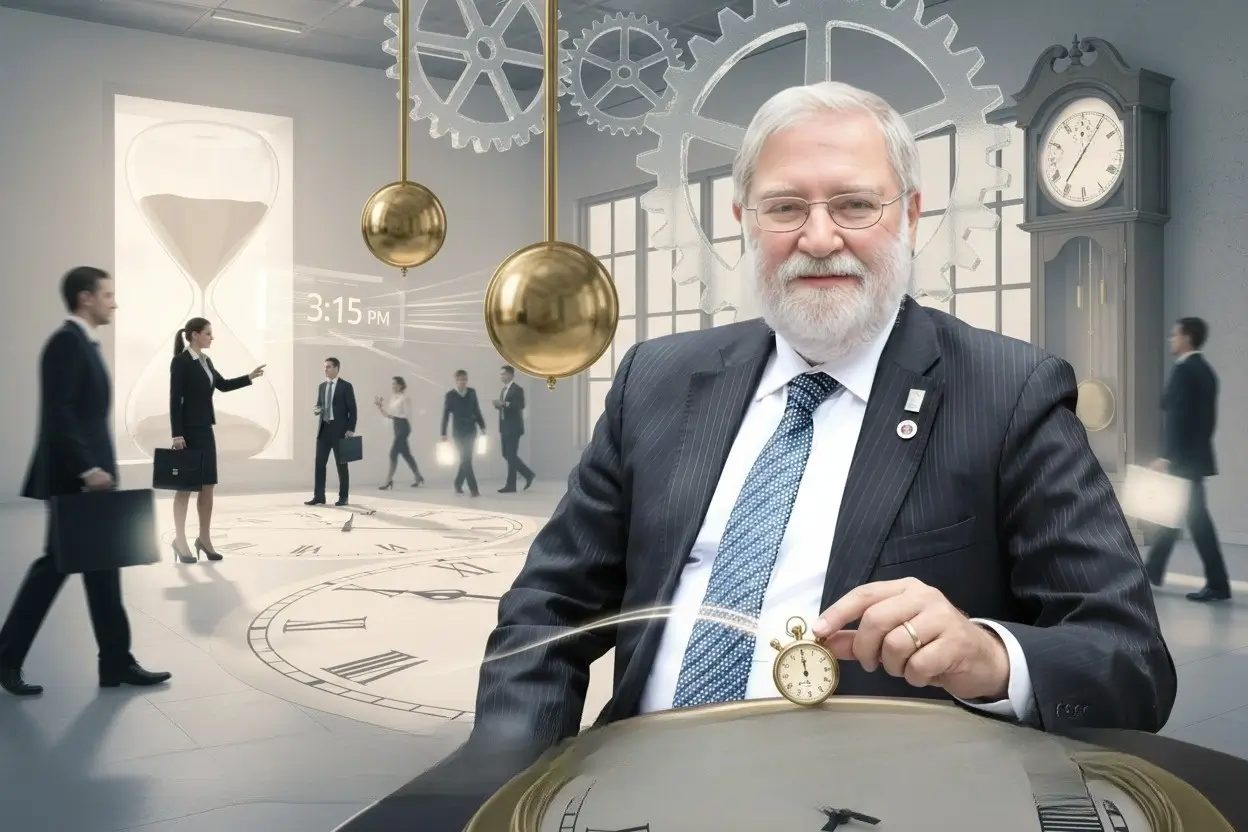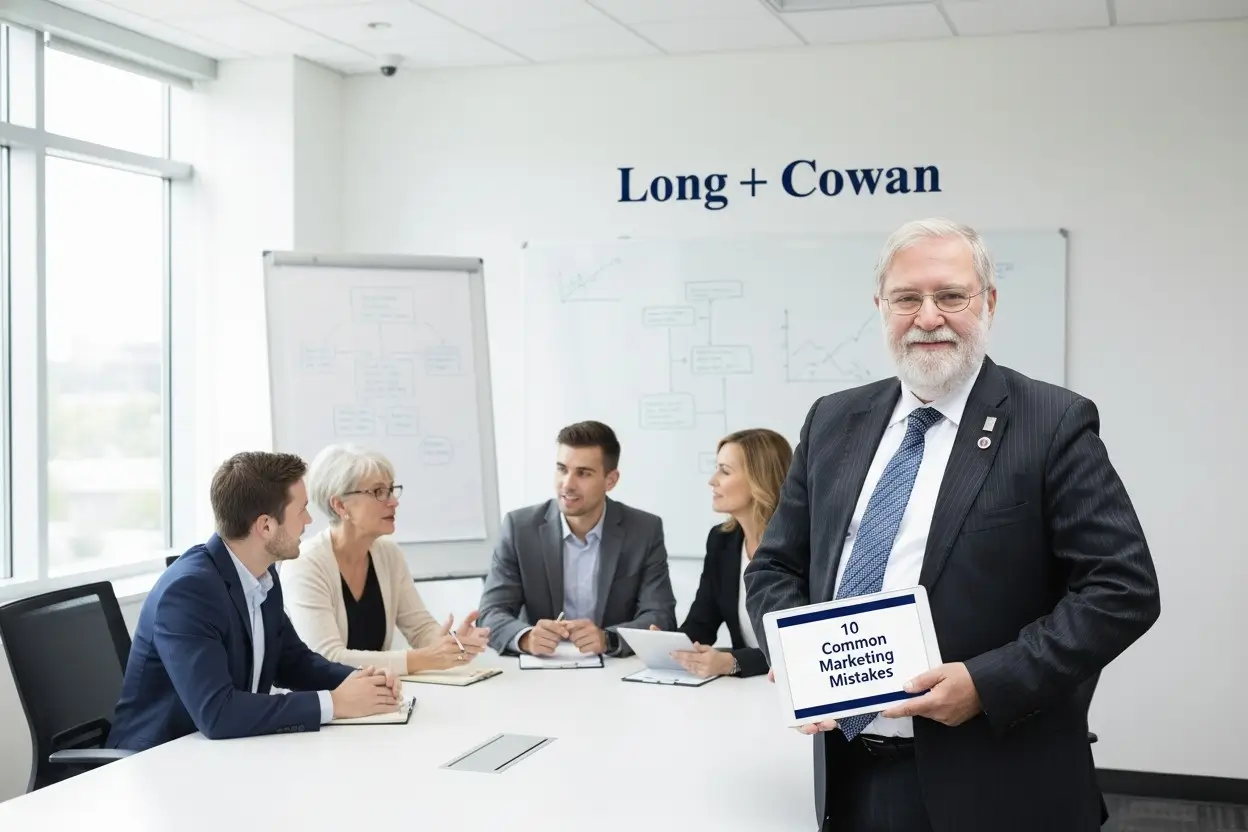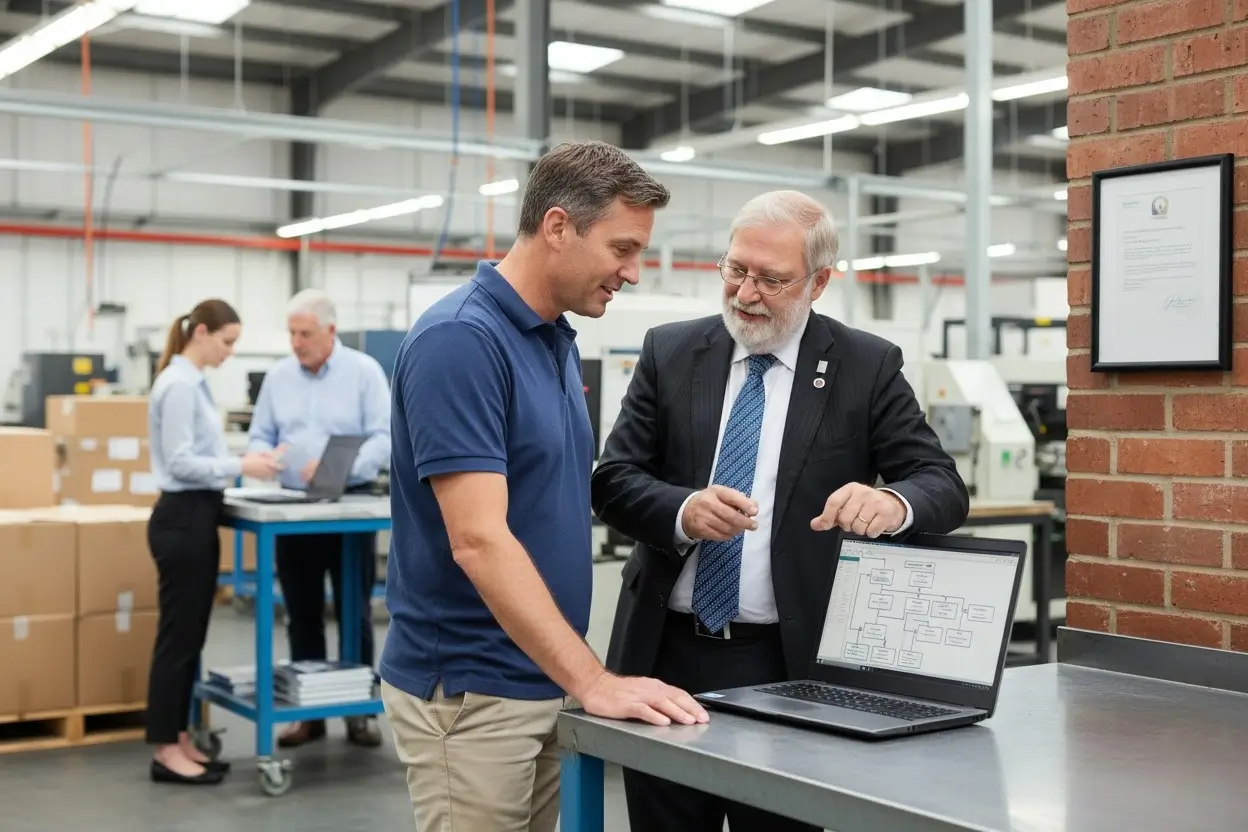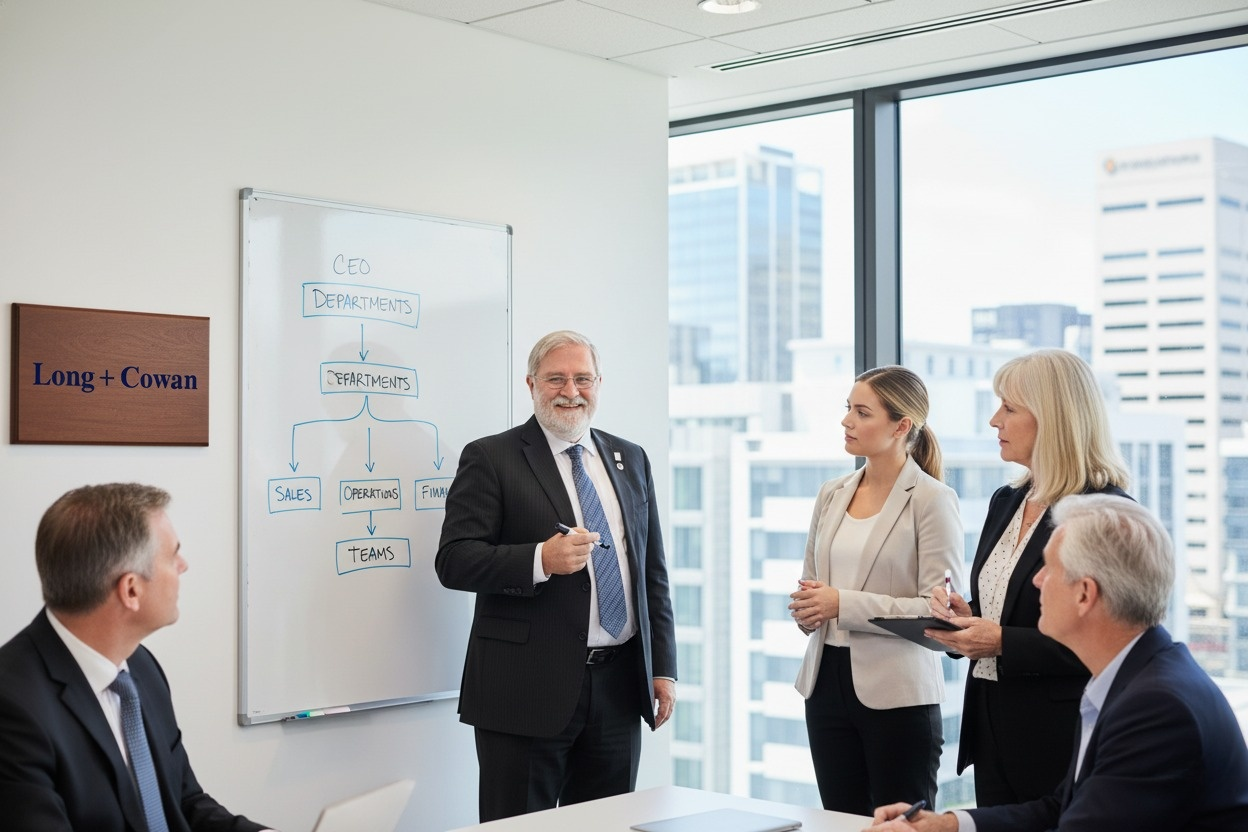In a rapidly changing economy, continuous improvement separates stable businesses from those that struggle to adapt. It is not about major overhauls but about small, consistent refinements that build momentum over time. At Long + Cowan, we see Wellington firms thrive when they commit to learning, adjusting, and evolving continuously.
Continuous improvement increases efficiency, enhances quality, and strengthens morale. Every process, decision, and routine becomes an opportunity to perform better. The mindset of “how can we do this smarter?” turns daily work into a source of innovation.
Understanding the Continuous Improvement Mindset
Improvement begins with attitude. Teams that view mistakes as learning opportunities evolve faster than those that assign blame. Encouraging staff to question processes, suggest ideas, and test alternatives builds ownership and creativity.
A culture of improvement does not depend on size or budget. It relies on curiosity, feedback, and consistent follow-through. When every employee feels empowered to make small changes, results compound across the business.
Setting Clear Objectives
Improvement must have purpose. Define measurable goals for efficiency, quality, or customer satisfaction. Without clear targets, progress remains invisible. Examples include reducing processing time, cutting waste, or improving client feedback scores.
Once objectives are established, communicate them across the organisation. Everyone should understand how their role contributes to achieving those goals. Clarity connects individual effort to collective success.
Reviewing Processes for Efficiency
Every business process can be examined for value. Ask whether each step contributes directly to the outcome or simply exists from habit. Removing duplication or outdated procedures saves time and reduces frustration.
At Long + Cowan, we often help Wellington clients streamline administrative workflows such as reporting, billing, or payroll. Automating repetitive tasks through technology allows staff to focus on analysis, service, and planning.
Using Data to Guide Decisions
Improvement depends on evidence, not assumptions. Collect and analyse data to understand where performance lags or errors occur. Numbers reveal patterns that opinions often miss.
For example, tracking turnaround times for client reports might highlight bottlenecks in approval stages. Once identified, small adjustments can dramatically increase output and satisfaction. Data-driven management builds confidence in every decision.
Encouraging Team Participation
Improvement works best when everyone contributes. Employees who handle daily operations often see inefficiencies that management overlooks. Encourage open communication and regular feedback sessions where ideas can be shared without judgment.
Recognise suggestions that lead to measurable results. Public acknowledgement reinforces positive behaviour and motivates others to engage. Collaboration transforms continuous improvement from theory into culture.
Developing Leadership Support
Leaders must model the behaviour they expect. Managers who embrace feedback, learn from results, and remain transparent set a powerful example. Continuous improvement starts at the top and filters through every level.
Train managers to listen actively and coach staff through change. Leadership support ensures that improvement projects receive the time, resources, and recognition they deserve. Consistency from management sustains long-term progress.
Integrating Technology and Automation
Technology is a powerful enabler of continuous improvement. Cloud accounting platforms such as Xero and MYOB streamline financial processes, while collaboration tools improve communication and reduce delays.
Automation eliminates repetitive work, freeing time for analysis and strategy. However, technology should serve your goals, not dictate them. Review systems regularly to ensure tools remain aligned with business needs.
Standardising for Consistency
Once a process is refined, document it. Standardisation ensures improvements are repeatable and not dependent on individual memory. Clear procedures also simplify staff training and maintain quality during growth or staff turnover.
Regularly update documentation to reflect new insights. Consistent methods reduce errors, support compliance, and improve customer experience.
Measuring and Reviewing Performance
Continuous improvement requires regular measurement. Set performance indicators that match your goals, then monitor progress objectively. Reviewing data quarterly or monthly keeps momentum alive.
If results plateau, revisit assumptions and experiment with new approaches. Improvement is never finished; it evolves with business needs. Measurement transforms ambition into accountability.
Overcoming Resistance to Change
Change can cause anxiety, especially if staff fear disruption or additional workload. Address concerns early by communicating the benefits clearly and involving employees in decision-making. When people understand the reason behind change, they support it willingly.
Celebrate small wins to demonstrate progress. Gradual improvement feels achievable and reduces pushback. Over time, resistance fades as new habits take hold.
Embedding Improvement into Everyday Work
The strongest organisations treat improvement as part of routine work rather than a special project. Encourage staff to reflect briefly after completing tasks: what worked, what didn’t, and what could be better next time.
These micro-reviews create continuous learning loops. When improvement becomes daily practice, innovation grows naturally instead of being forced through formal initiatives.
Balancing Innovation and Stability
While innovation drives change, stability ensures consistency. Balancing the two keeps operations reliable while encouraging creativity. Avoid constant reinvention; focus on incremental progress supported by strong systems.
Stability builds trust with clients and staff. Measured improvement protects reliability while allowing steady evolution.
Applying Continuous Improvement Across Wellington Businesses
Across Wellington Central, Te Aro, and Thorndon, successful companies are those that adapt, review, and improve continually. Implementing continuous improvement practices enhances efficiency, reduces waste, and maintains competitive edge.
Every process, from accounting to client communication, benefits from refinement. Businesses that prioritise learning and innovation strengthen resilience in uncertain markets.
Partnering for Sustainable Progress
Long + Cowan helps Wellington businesses implement structured improvement systems that connect financial data with operational performance. We assist clients in analysing efficiency, developing action plans, and tracking measurable outcomes.
For professional support in building a culture of improvement and operational excellence, contact us for more info by filling in an enquiry form or e-mailing or calling us during office hours. Continuous improvement is not a goal; it is an ongoing advantage.





